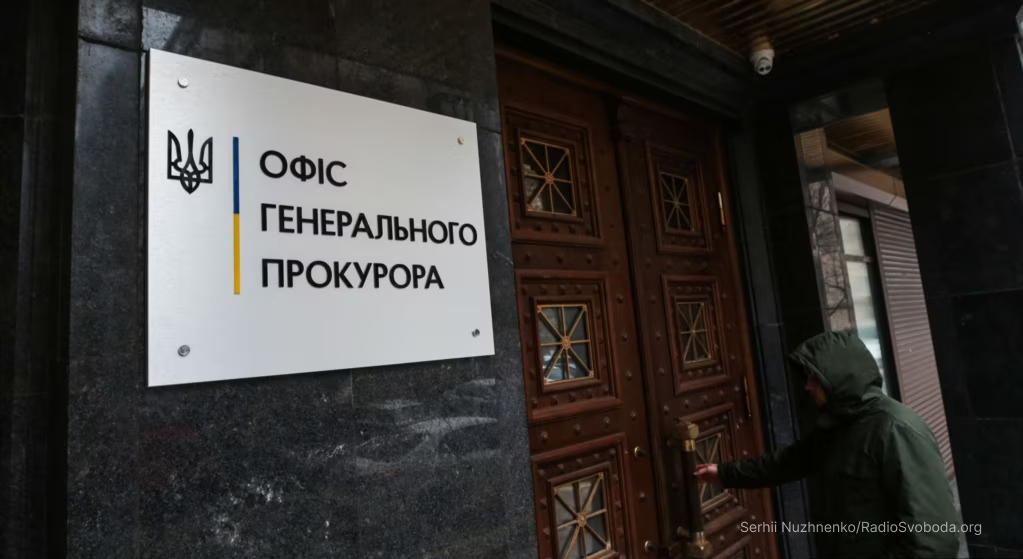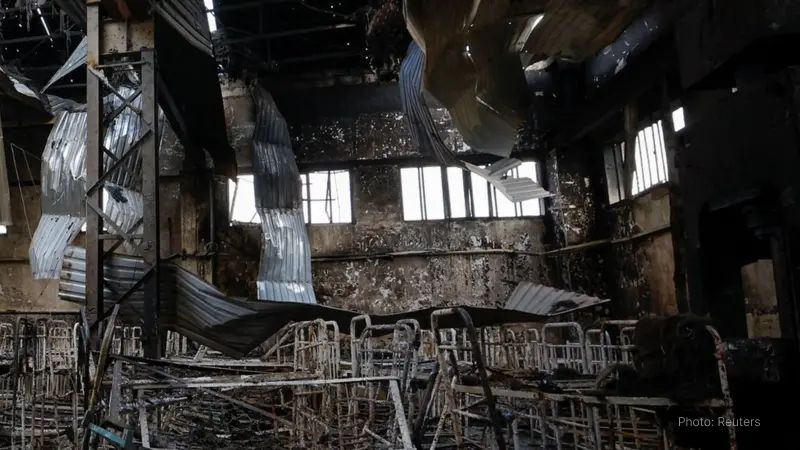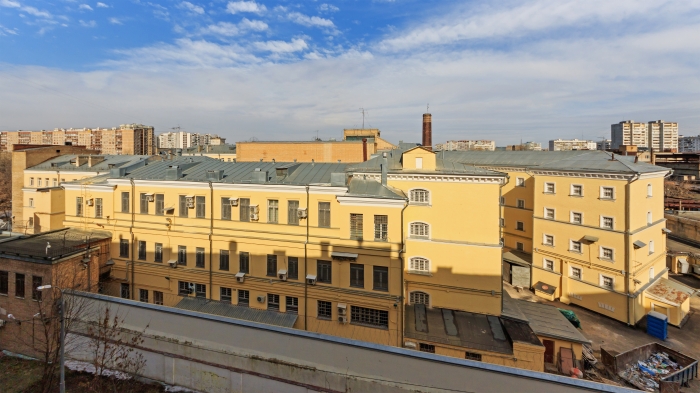
Lefortovo Prison
Moscow
Russia
Pre-Trial Detention Centre
Active
Overview

Lefortovo is one of Russia’s most notorious detention centres, operated by the FSB in Moscow. After being taken captive from Azovstal and spending several days in Olenivka, a group of Azov officers was transferred there. They were not informed of their destination, and only later realised they were being held in Lefortovo.
Torture & Abuse
While physical violence was not systematic in Lefortovo itself, prisoners were kept in total silence, a lack of human contact, and a denial of any sensory or temporal orientation. Azov’s then-chief of staff, Bohdan “Tavr” Krotevych, described his cell door never opening again after the initial interrogations, not even for a single walk for around four months. At the same time, Krotevych said that other POWs were tortured in Lefortovo prison.
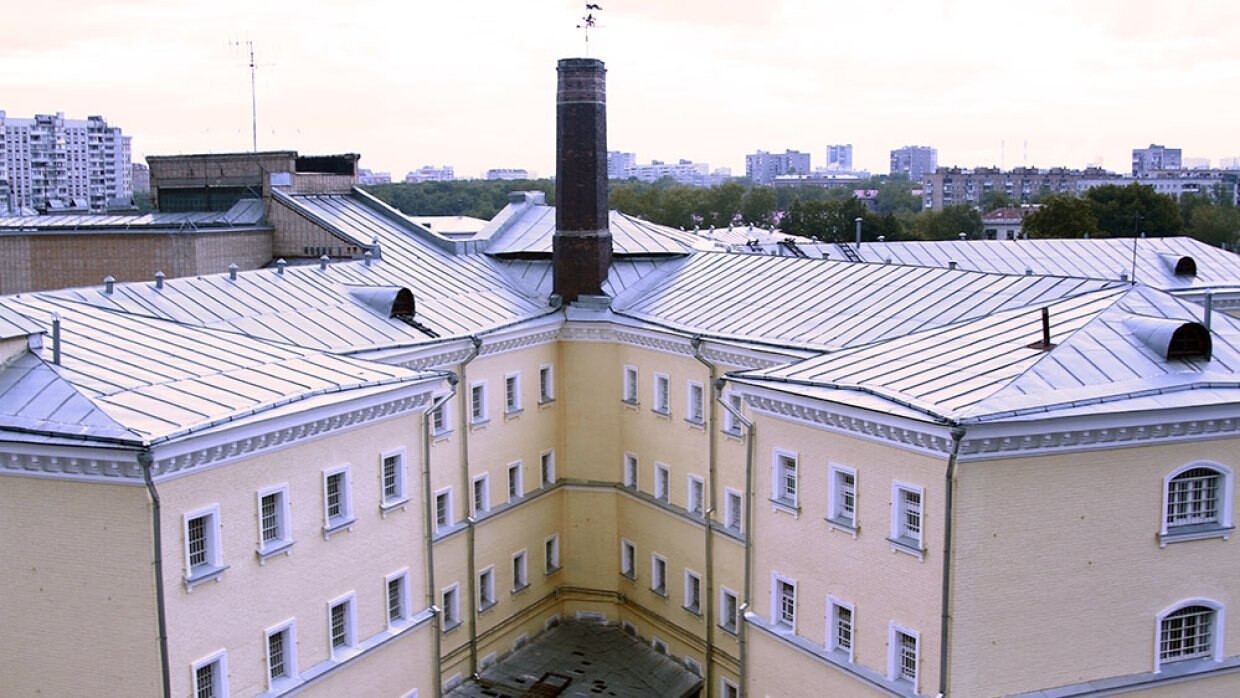
Food & Sanitation
Food was passed silently through a small metal window in the cell door. The cold was extreme in May and September, with no heating or adequate clothing provided. Washing was limited to a basic sink in full view of surveillance cameras. No showers were available. Hygiene products were minimal.
Psychological Pressure
Detainees were held in total isolation, with no communication between prisoners and no interaction with guards beyond basic commands. Interrogations involved psychological manipulation, such as claims that fellow Ukrainian soldiers were betraying Azov.

Lefortovo is one of Russia’s most notorious detention centres, operated by the FSB in Moscow. After being taken captive from Azovstal and spending several days in Olenivka, a group of Azov officers was transferred there. They were not informed of their destination, and only later realised they were being held in Lefortovo.
While physical violence was not systematic in Lefortovo itself, prisoners were kept in total silence, a lack of human contact, and a denial of any sensory or temporal orientation. Azov’s then-chief of staff, Bohdan “Tavr” Krotevych, described his cell door never opening again after the initial interrogations, not even for a single walk for around four months. At the same time, Krotevych said that other POWs were tortured in Lefortovo prison.

Food was passed silently through a small metal window in the cell door. The cold was extreme in May and September, with no heating or adequate clothing provided. Washing was limited to a basic sink in full view of surveillance cameras. No showers were available. Hygiene products were minimal.
Detainees were held in total isolation, with no communication between prisoners and no interaction with guards beyond basic commands. Interrogations involved psychological manipulation, such as claims that fellow Ukrainian soldiers were betraying Azov.
News
see more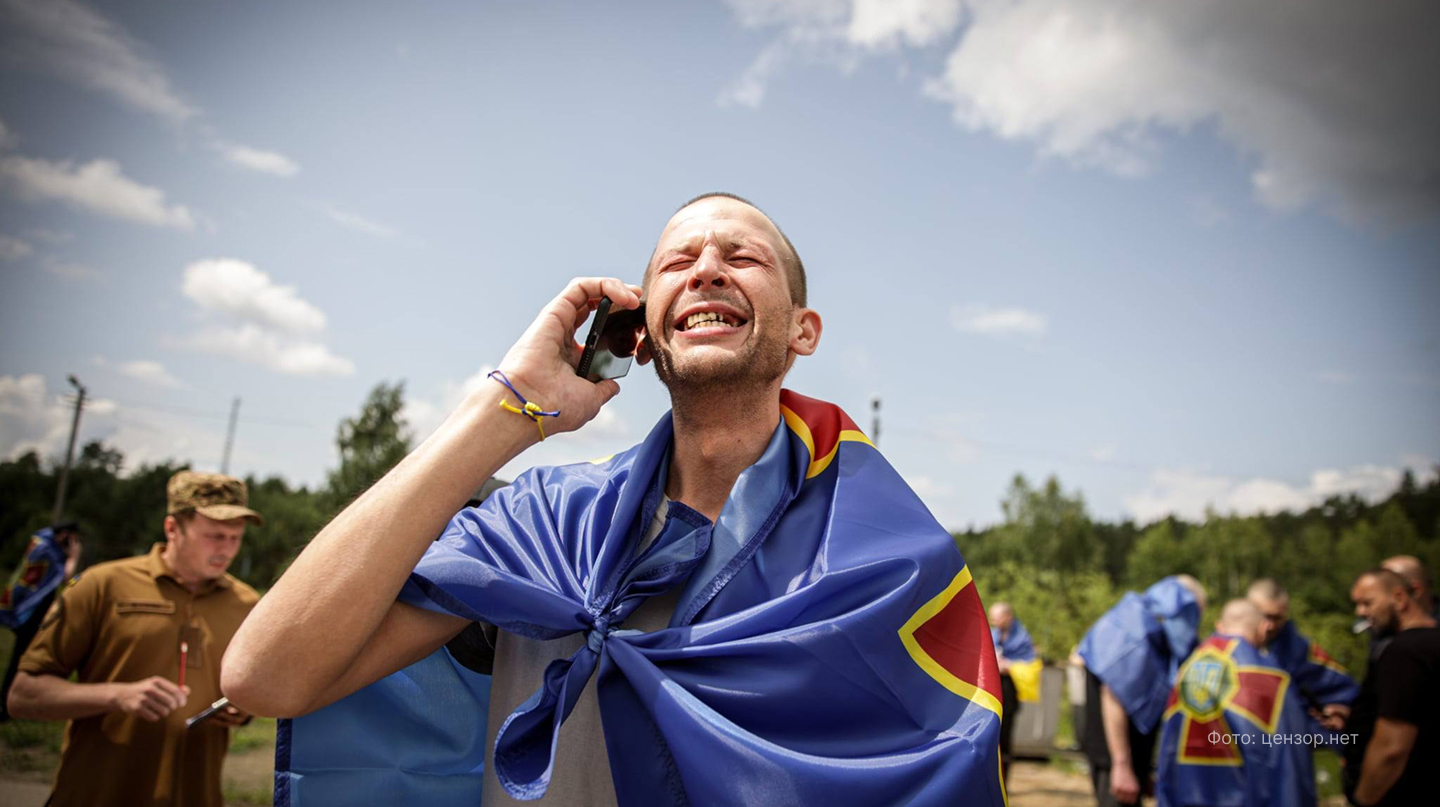
“The captives were forced to walk with their heads down”: how the rehabilitation of released Ukrainian soldiers takes place
Ukrainian servicemen released from Russian captivity often arrive at the National Guard’s medical centre in extremely poor condition, both physically and psychologically.
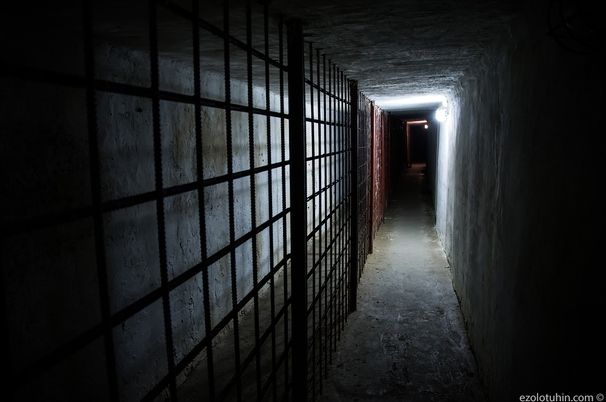
Russia has established a network of torture chambers for Ukrainian prisoners of war.
At least five secret prisons in Russia are holding Ukrainian POWs.
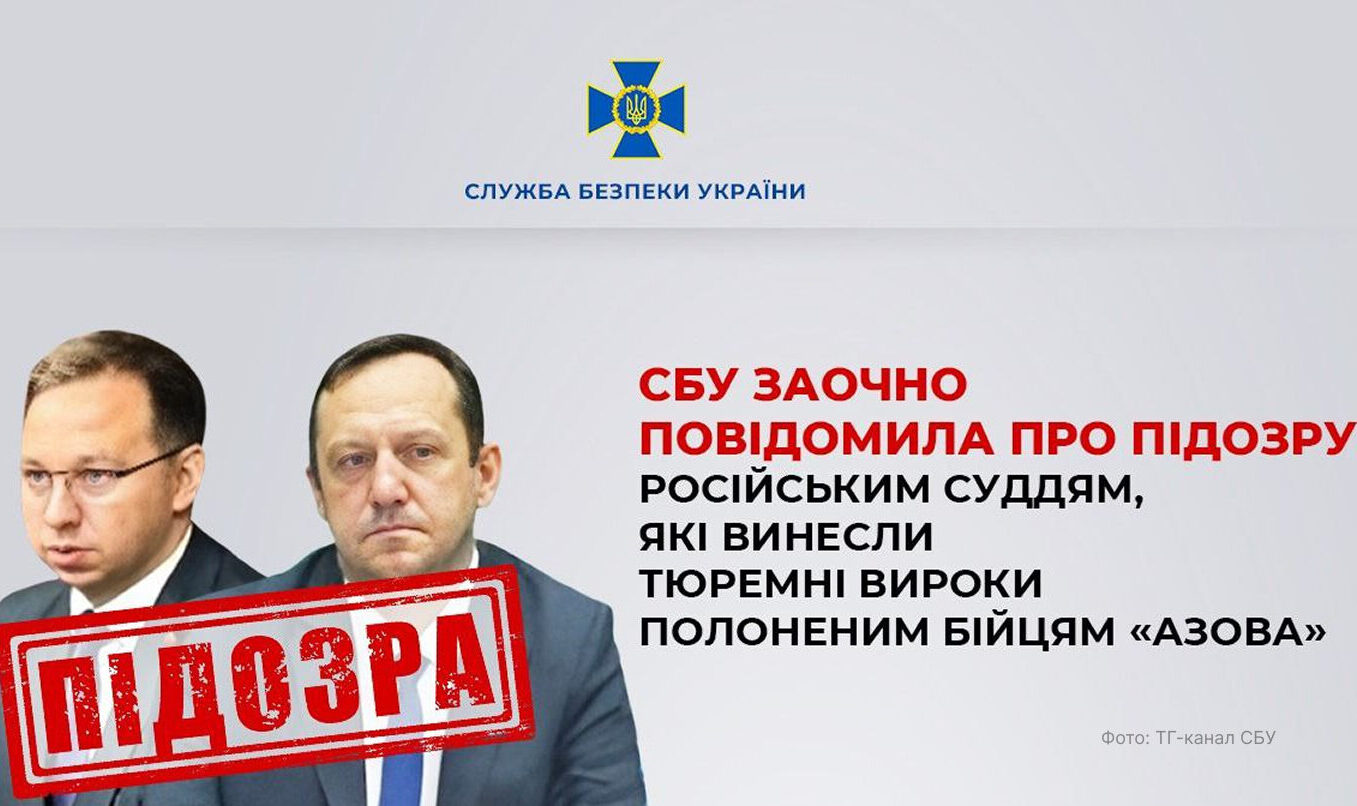
SBU presses charges against russian judges for the unlawful sentencing of Azov Brigade POWs
The Security Service of Ukraine (SBU) has charged in absentia two judges of Russia’s Southern District Military Court, Konstantin Prostov and Sergey Obraztsov, with war crimes against Ukrainian prisoners of war.
questions & answers
You can make a difference
Have a question, a message, or something important to share?
Whether it’s information, a concern, or a word of support, we want to hear from you.
Every voice matters.

